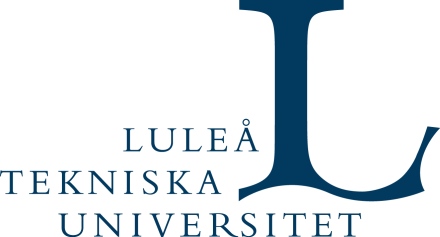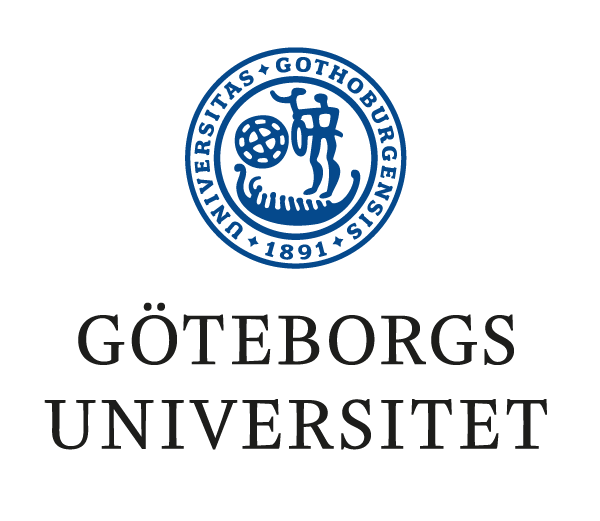With 3300+ Swedish firms, 51 000+ employed, and 365 BSEK in revenues, the life science sector is an important industry in Sweden; it generates approximately 10 percent of Swedish exports. Entrepreneurial firms are signified by relying heavily on the external environment to access and coordinate various resources, and drug-developing firms are highly networked. This makes it interesting to study the network of an entrepreneur and the network of the entire entrepreneurial ecosystem.
In Joakim’s first research paper, he studied 290 entrepreneurial firms and 7312 interactions within the ecosystem during 2004-2013. The study finds that entrepreneurial ecosystems are not closed systems restricted by geographical boundaries. Instead, more than half of the network activity involves foreign partners.
In the second research paper, he investigates how the network activity varies between network layers. This study involves 319 Swedish firms and 7745 interactions with ecosystem partners sorted into three layers: R&D, Financial, and Marketing. He finds that different layers differ in the level of international network activity and an increasing R&D internationalization. He also finds that finance is highly localized, that the network density is significant in R&D, and that centralization has a negative effect in the financial layer, whereas it has a positive effect in the marketing layer.
“These results suggest that it is important to study the network activities of firms in the context of the broader network surrounding them. Real-world networks are layered structures with many different types of relationships, and structure that promotes performance in one type of network may be inhibiting in another,” comments Joakim Fichtel.
He continues: “While the knowledge and commercial networks were becoming increasingly internationalized, we found that the financial network remained relatively domestic and centralized. Since access to funding is a critical challenge for this industry, this was rather surprising and will be a topic to address in the next phase of my studies.”
Caption: Joakim Fichtel at the Division of Real Estate and Financial Systems at KTH and discussant Christina Theodoraki, Associate professor TBS Education, France.






